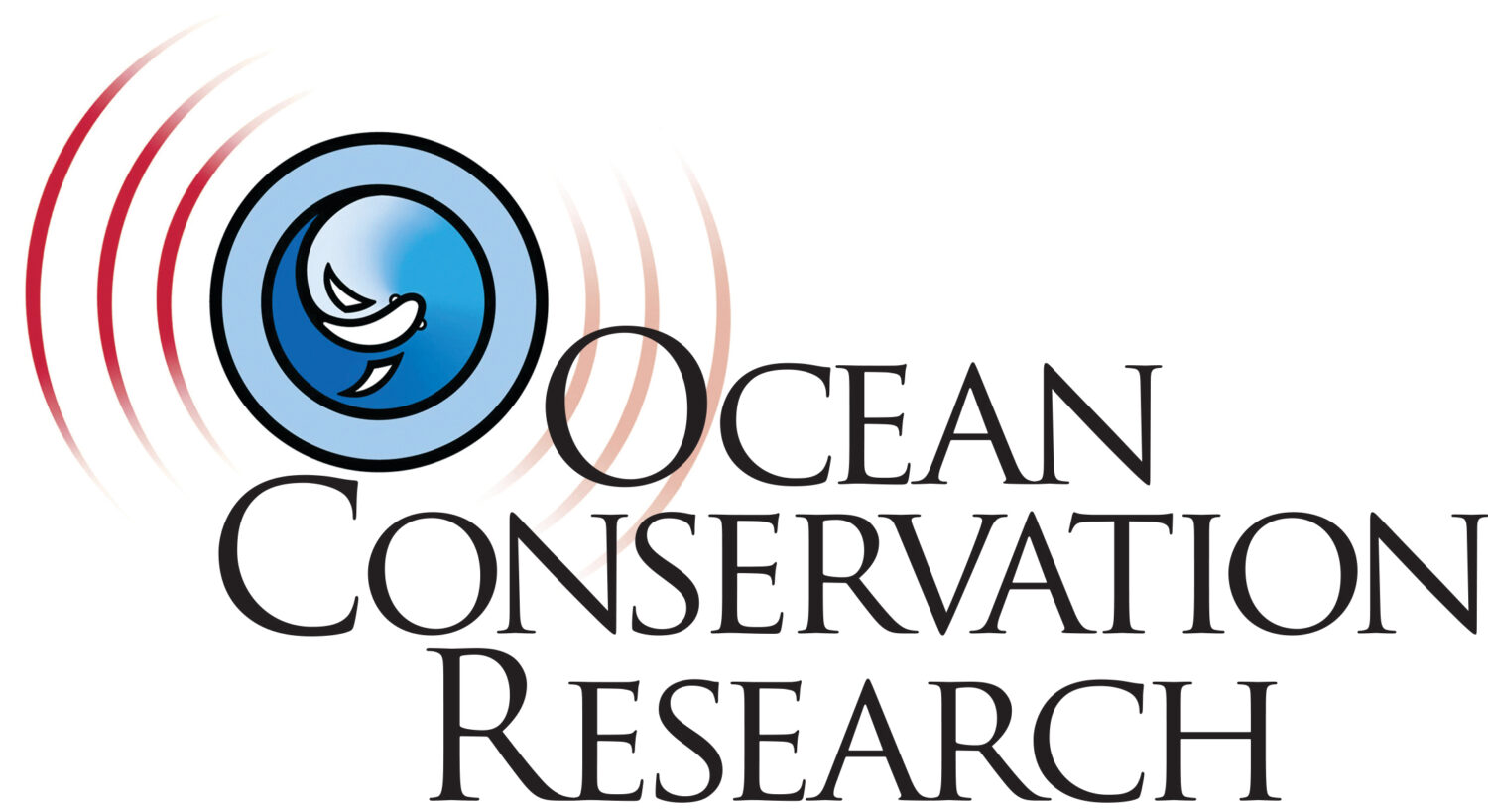Through a set of circumstances too Byzantine to unravel here this week I’ve found myself in Batumi, the Republic of Georgia on the coast of the Black Sea delivering and address to the Georgian International Maritime Forum (GIMF)

Georgia International Maritime Forum
While the remit to this conference is to highlight the “indispensability of international shipping,” it is also to advance the importance of a healthy ocean. The tacit meaning of this to the shipping industry hinges around tangible challenges such as “ballast water invasive transport,” bilge water dumping, high-sulphur-content bunker fuel pollution, and more recently their greenhouse gas footprint. So the noise angle came up as a fresh item for this group.
I sort-of knew this, so instead of dumping another tragedy on their decks I entered the conversation by way of changing priorities over the last century – informed by the writing of my paternal grandfather.
Born in 1875 to a stern father, by the time he was fourteen he was done with the beatings and ran away from home by way of the sea. Starting as a cabin boy, over the years he worked (and studied) his way up to become a Sea Captain – eventually running the harbor pilot and customs service for Swatow (Shantou) harbor in South China, on the Han River delta.
At the turn of the last century there were about 30,000 merchant ships in the global fleet – about half of them sailing vessels. The balance being run on coal-fired steam power or fuel oil combustion. The top priority of seamen at the time was survival, the vessels being much smaller and much more vulnerable to the vagaries of weather. My grandfather – a true sailor, had “HOLD FAST” tattooed across the backs of his knuckles (as if anybody reefing sails in a full gale needed reminding).
Early traditions of maritime courtesy were built on the assumption that wherever you were, other vessels would eventually follow. So if they found a potentially safe harbor they would take the time to survey it, and blow up any reefs, rocks, or other navigation hazards they might find. Even earlier conventions included dropping a breeding pair of pigs or goats on any uncharted island to assure a familiar food supply should any lost or shipwrecked sailors find their way to island safety. At that time the idea of native species impacts – let alone ballast-water invasives or “greenhouse gas footprint” was nowhere on their sonar.
Warp ahead 100 years the vessels are much larger and all driven by much more reliable internal combustion engines. Now with a fleet of over 90,000 larger and busier ships the impacts are becoming more apparent, so regulations are being drawn up and guidelines are being crafted.
The United Nations International Maritime Organization (IMO) has proposed noise standards and mitigation guidelines, but they have yet to be codified into the United Nations Convention on the Law of the Sea (UNCLOS). In fact few shippers had given noise pollution much thought. So opening up this conversation at the Georgia International Maritime Forum was a great place to start.
